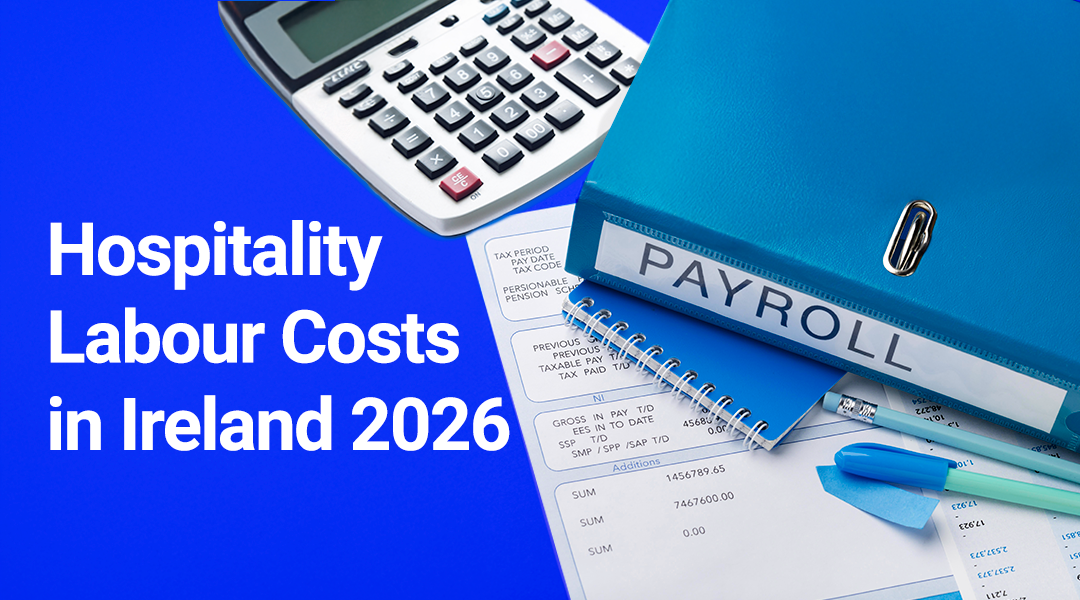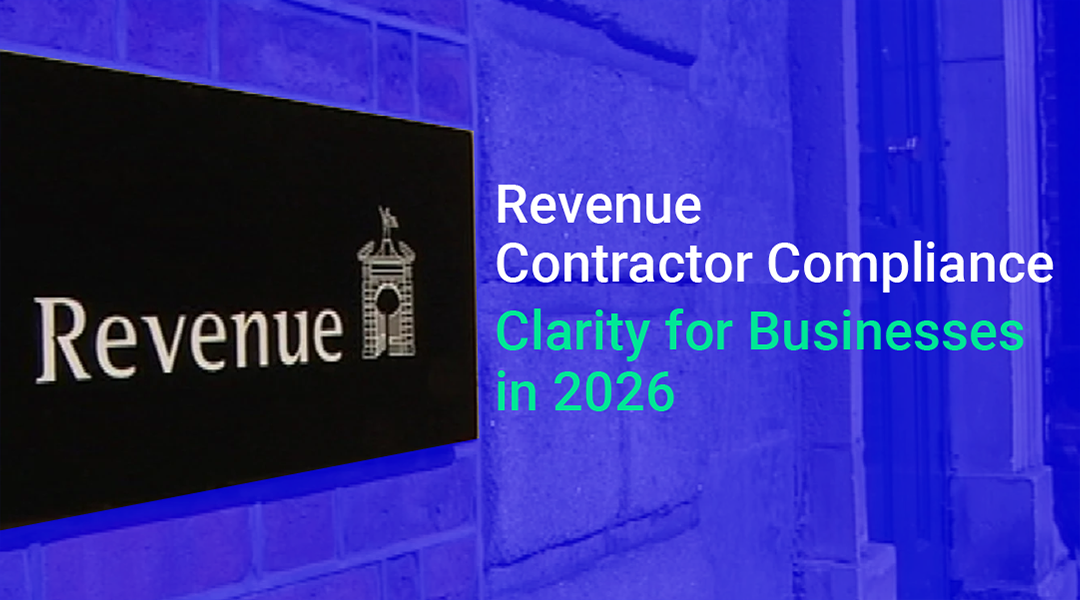Founder Memo #001 Uber, the Gig Economy & Economic Growth



On Fri 19 Feb, the UK Supreme Court made headlines when it ruled in favour of 35 Uber drivers’ claims for ‘worker’ status, a UK classification between contractor and employee which guarantees minimum earnings, holiday pay and a workplace pension. Shortly thereafter, Uber announced plans to reclassify its 7,000 UK drivers – previously classified as independent contractors - as workers. The development is seen by many as a victory for workers’ rights, and a red flag for other companies that make questionable use of gig economy workforces.
As the founder of a platform for gig economy work, I too welcome the UK Supreme Court ruling as a timely reminder of the tenets of genuine independent work.The Economics Observatory, a UK-based think-tank, summarised the ruling as follows:
“the court’s reasoning was based on the fact that when drivers are logged on to the app their behaviour is tightly controlled, with Uber dictating the routes, fares and communication with passengers. Drivers are therefore unable to act as entrepreneurs in the way someone who is truly self-employed could.”

The level of control exercised by Uber over the drivers was central in the judgment. In practical terms, Uber drivers had no say in the fares they received, the contractual terms for completion of the service, the passengers they carried or the routes they took. Drivers were also limited in their communications with their clients, the passengers. Driver ratings were used primarily as an internal management performance tool, not as a means to enhance individual drivers’ own reputation or earnings. Controversially, drivers needed to be logged on and available to get fares, and yet they were not paid for time when they were not transporting passengers.
When looking at these arguments, the outcome of the case is understandable and warranted. The Gig Economy is at its core is about people’s freedom to choose not only when they work, but with what businesses and at what price. “Professional and Entrepreneurial skill” – to use the words of one judge – should therefore be central to the performance of this work. The gig economy should therefore improve both the productivity of businesses and the earnings potential of workers – normally referred to as freelancers. Put simply, there is a motivation for freelancers to perform well and display their “professional and entrepreneurial skill” so they can leverage their reputation to get the best paying ‘gigs’ as the demand for their time increases. I am heartened that between Q2 ‘20 to Q2 ’21, overall demand for freelance delivery drivers in the Gigable network has increased average pay per hour by 6.4%, from €12.50 to €13.30. Some of the busier gigs pay more than that, and a driver’s shot at having their application accepted by the business for these best-paying gigs is determined by their profile stats, reputation and rating.
This exemplifies the transparency on which the Gigable platform is built. Freelancers see exactly the work on offer from the business and the rate of pay. Businesses can see the freelancers identity and their profile on the platform, as well as refer to their past experiences working together, which demonstrates freelancers opportunity to display “professional and entrepreneurial skill”. If transparency is the bench on which our platform sits, then Independence and Equal Opportunity are the legs, and have been since the company was founded in 2018. Businesses and freelancers have absolute independence in our platform. There is no obligation to work with each other at any time. It is up to businesses to promote their gigs and pay well in order to attract the best freelancer applicants.
Our principle of equal opportunity means that every freelancer in the network has the same chance to earn an income, and to build and grow their professional reputation with businesses. Profiles, experience and merit, determined by ratings and objective performance data, are the discriminating factors. For many, the platform is seen as a slate on which to carve a professional identity, resulting in better satisfaction and productivity at work. In many ways, we see ourselves not just as a company trying to grow its business, but as a standard bearer of a movement.
Done right, the gig economy has the potential to be as secure as traditional employment. Having access to unlimited opportunities for work, as well as health cover and sick pay insurance which are afforded to the individual, regardless of where he or she works, will get us closer to achieving that potential. Fundamentally, we believe this type of work can be more rewarding for individuals – through the opportunity to develop professionally, to be recognised for good work, and to earn more on merit. At a time when global economic growth is widely expected to return, the gig economy should not be ignored or curtailed. Rather it should be encouraged. When functional, it can help to drive wider economic growth, while being an ace up the sleeve for fast-growing companies, and ambitious individuals.
Try Gigable today
Take the next step and join Gigable today. Let's put those insights into action and boost your business or freelance career!



More articles



